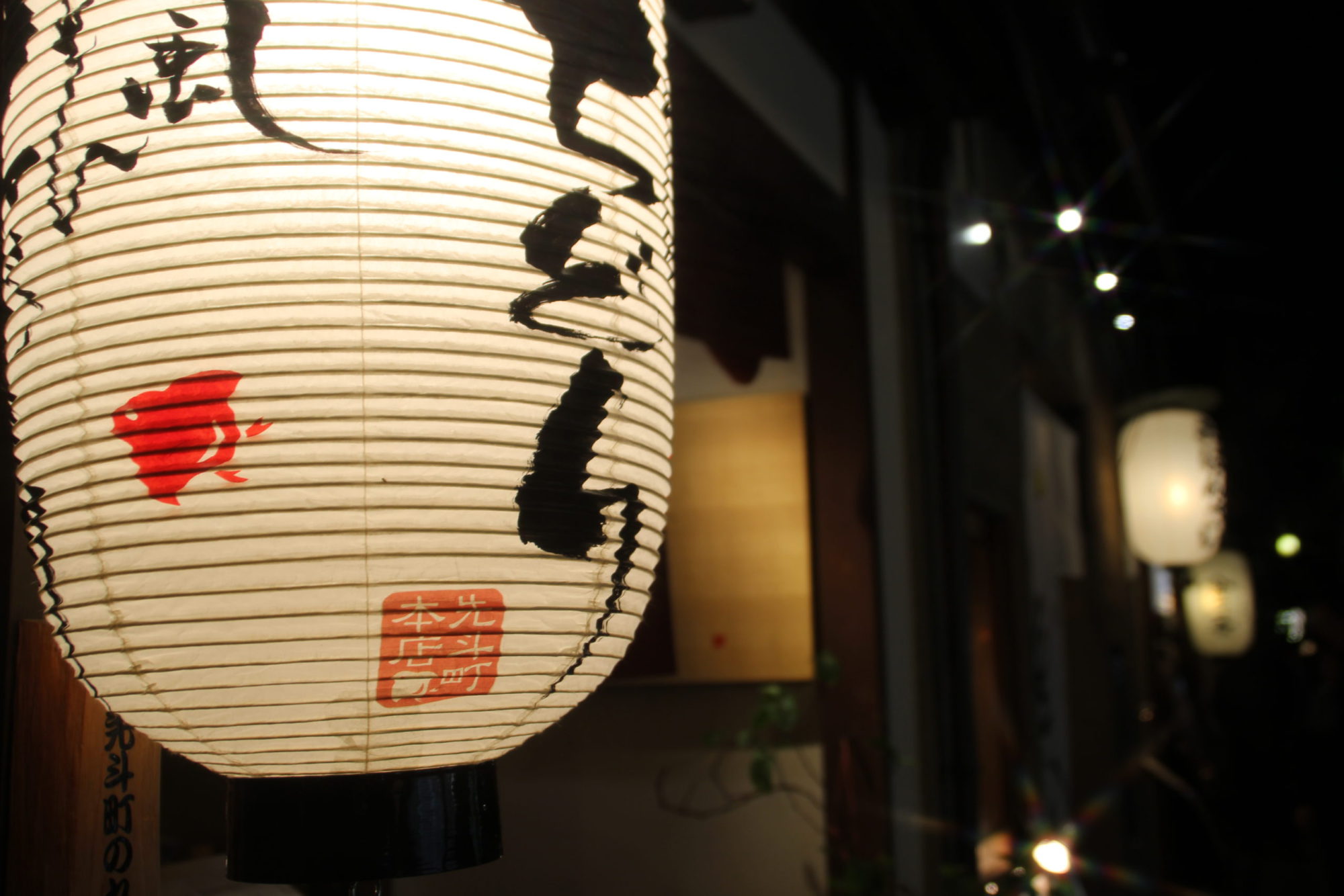A while back, Netflix started airing a show from Japan that’s called “Hajimete no otsukai” (My first errand) that’s been renamed “Old Enough!”
Apparently, and I’m not in America anymore so I’m not 100 percent sure, this show has stirred up controversy. People abroad seem to be under the impression the kids are left totally on their own during filming, which I think is surprising considering someone is obviously there filming.
So, to anyone who seems to somehow think these kids are on their own and that Japan does this sort of thing all the time, I give you these lists to explain the ways in which neither of these ways of thinking are accurate.
The kids are not on their own. At all.
- The film crew is there not only to film, but to keep an eye on the kids. As viewers of the Netflix show even shows, they immediately act when the child is in any sort of danger. One episode, for example, has a kid drop an apple down a hill, which rolls into a road. The camera crew wasted no time chasing that apple down before the kid could even think about stepping into the road.
- The people in the entire area where the kids are running errands are told well in advance that the errand-running is going to happen. While they are told to try to act casual, of course there are going to be people out on the streets more than usual waving at the kids more than they usually would.
- As one episode noted, the police also get involved to make sure the route mapped out for the kids is safe. One episode had a special, temporary road-crossing sign that was created, with approval from the local police, just for the kid running the errands.
- Camera crew people also dress up like locals to further blend in and be at hand in case the kids need help.
- I don’t think Netflix has any, but I remember seeing some episodes where the kids just didn’t want to go, and they ended up not going. I think the Netflix show just wanted to show kids who actually do end up running the errands on their own.
This is not common practice in Japan, either
- While Japan seems way more casual about letting kids be independent, I don’t personally know many families who would be willing to let their pre-elementary-school-age kids go out on errands like the show depicts. I’ve talked to a few of my friends here about this, and a few said, “Well, maybe I would let them go to the store right next to our apartment alone, but I’d follow right behind them anyway.”
- I think if any little kid went up to a cashier at a store and asked to buy things, the first thing the cashier would say is, “Where are your parents?” No one would think, “Ah, a little kid running errands alone” as far as I’ve ever seen here. It’s just not common practice here.
- That being said, elementary-school-age kids are expected to get to their elementary school on their own. If they live out in the countryside, then they’re expected to walk as a group with kids who live nearby. The school kind of pounds into the kids’ heads basic safety rules like, “Don’t just run across the road” and then most of Japanese society expects people nearby to help out if an elementary school kid looks like they’re in trouble or about to do something dangerous.
- I think the show is meant to tell parents “Hey, your kids can do more things than you think” and to tell their kids the same thing. I think kids seeing the show might gain more confidence in thinking they can do things on their own, which I think is a good thing.
The show is just to see how kids would react if they thought they were alone running the errands. They are in no way, shape or form actually out on their own. I love watching this show just to see how kids act when they think they’re on their own like that, though, and I’m usually deeply impressed by their fortitude and strength.
If you’d like to read more about how the show is made, please visit here.
